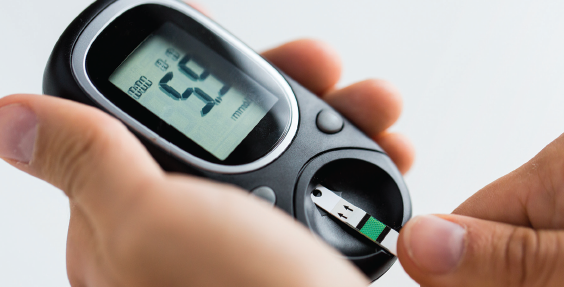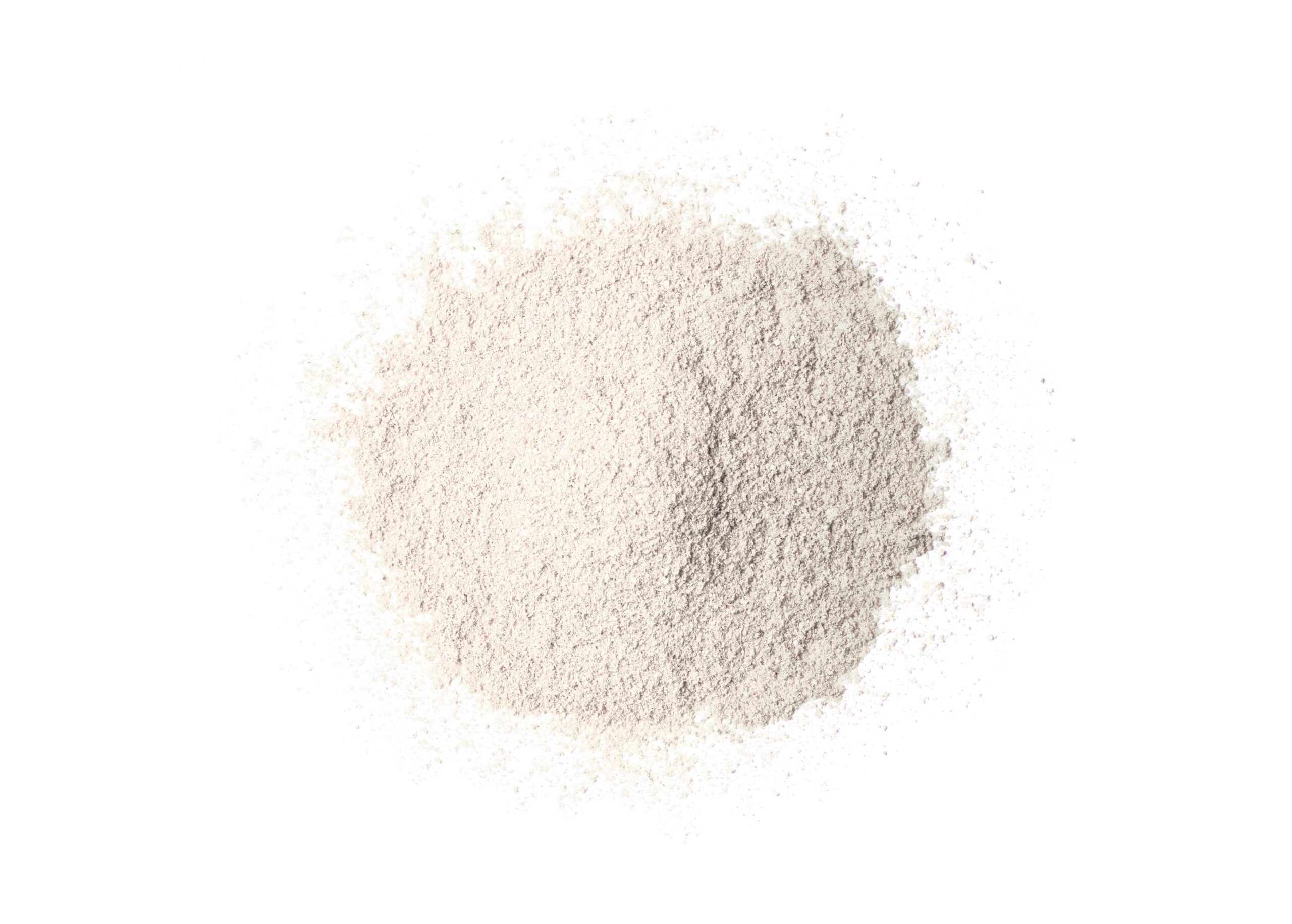
Diabetes
In patients with diabetic kidney disease (DKD), concerns regarding hyperkalemia may result in underutilization of both established and novel therapies aimed at improving kidney and/or cardiovascular outcomes. Concerns related to hyperkalemia are particularly relevant in patients with CKD who are receiving other hyperkalemia-inducing agents such as renin-angiotensin-aldosterone system (RAAS) inhibitors and nonsteroidal mineralocorticoid receptor antagonists (nsMRA).
Results of clinical trials have suggested that the risk of severe hyperkalemia is mitigated with the use of sodium-glucose cotransporter-2 (SGLT2) inhibitors. Rehab B. Albakr, MD, and colleagues presented a review of recent evidence associated with the risk of hyperkalemia in patients with type 2 diabetes and chronic kidney diseas (CKD). The review focused on SGLT2 inhibitors and nsMRA.
The researchers concluded that SGLT2 inhibitors can be used safely in patients with type 2 diabetes and CKD at high cardiovascular risk with no increase in the risk of hyperkalemia. When finerenone is used as a renal and cardiovascular protective agent in patients with type 2 diabetes, routine monitoring of potassium is generally required. Existing data indicate that when added to standard of care, SGLT2 inhibitors in combination with finerenone are safe and may exert additional cardiorenal benefits in patients with DKD.
“The use of potassium binders should be considered to enable optimal doses of guideline-based therapies for patients with DKD to maximize the kidney and cardiovascular benefits,” the researchers said.







 © 2025 Mashup Media, LLC, a Formedics Property. All Rights Reserved.
© 2025 Mashup Media, LLC, a Formedics Property. All Rights Reserved.